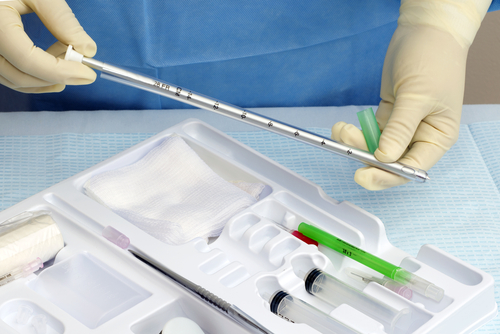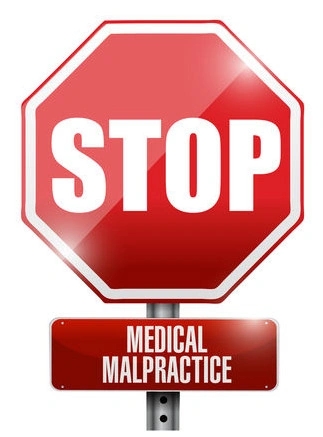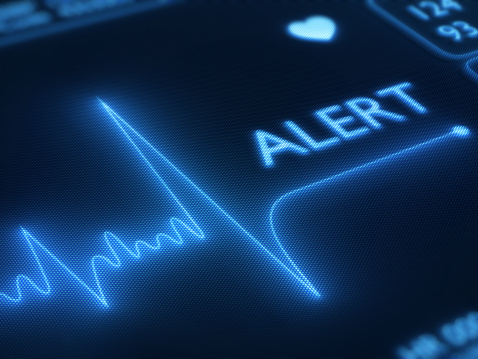Category: Medical Malpractice Law
There are many things that contribute to how well a patient fares in a hospital, surgical center, birthing center or another medical facility. One of the important factors is the number of nurses on staff. The Journal of the American Medical Association (JAMA) recently published data on the hospital nurse shortage and the correlation between the number of nurses on staff and patient…
What is a cardiac stent? A cardiac stent is a small tube made of metal mesh or fabric inserted to strengthen narrow arteries. Stents help support artery walls, and keep them from bursting. When used correctly, they help patients recover from life-saving heart procedures and extend their lives. When used unnecessarily, they can cause more harm than good….
The birth of a child should be a joyous occasion. However, when medical negligence leads to birth injuries, it can have devastating consequences for the baby and family. If your child suffered harm during labor or delivery due to medical malpractice, you may be eligible to recover compensation for your losses. Due to the heartbreaking nature of this…
When doctors make a mistake, such as missing a critical diagnosis of cancer, it can hit you hard. You count on your doctor to help you correctly identify a physical ailment or the root cause of a condition. You want that diagnosis in a timely fashion so that your illness, injury or condition is treated correctly and promptly. A…
In today’s digital world, the use of electronic health records (EHRs) is ever expanding. Interestingly, the inherent design of an EHR can significantly impact medical malpractice litigation. What Is an Electronic Health Record? An EHR provides all the same information as can be found in a patient’s paper chart, yet in a digital format, making it immediately accessible to…
When a doctor, surgeon, nurse, dentist, or other health care professional neglects to meet the legal duty of care by failing to provide a level of service at or above the acceptable standard of practice in the medical industry, it is often the patient who will suffer. If a patient suffers injury or harm as a direct result…
When a patient undergoes major surgery, he or she is administered a powerful anesthetic and will be “under” until the surgery has been completed. Each patient will need a specific quantity and type of anesthetic. Determining how much anesthetic is necessary must be determined on a case-by-case basis by a skilled anesthesiologist. The correct dosage can allow a…
Cancer is a serious diagnosis; in many cases it is life-threatening. A doctor or team of medical professionals should be able to accurately and quickly diagnose such a critical disease, in order to get the patient immediate treatment and potentially extend their life. But in many cases, cancer diagnoses are missed or delayed, and several factors are to…
A doctor who does not look into your eyes and actually listen to your complaints and concerns may misdiagnose your medical condition. A diagnosis mistake is a serious error, preventing you from receiving the timely treatment you may need. Electronic medical records are the new norm in doctors’ offices across the U.S., and for the most part that’s a good thing. Electronic…
Experts have long tried to determine how many people die as a result of medical errors in hospitals. In 1999, a report called “To Err is Human” shook up the medical community by suggesting up to 98,000 patients died from preventable errors in hospitals each year. Now a new report says the actually number of deaths from medical errors is…



















